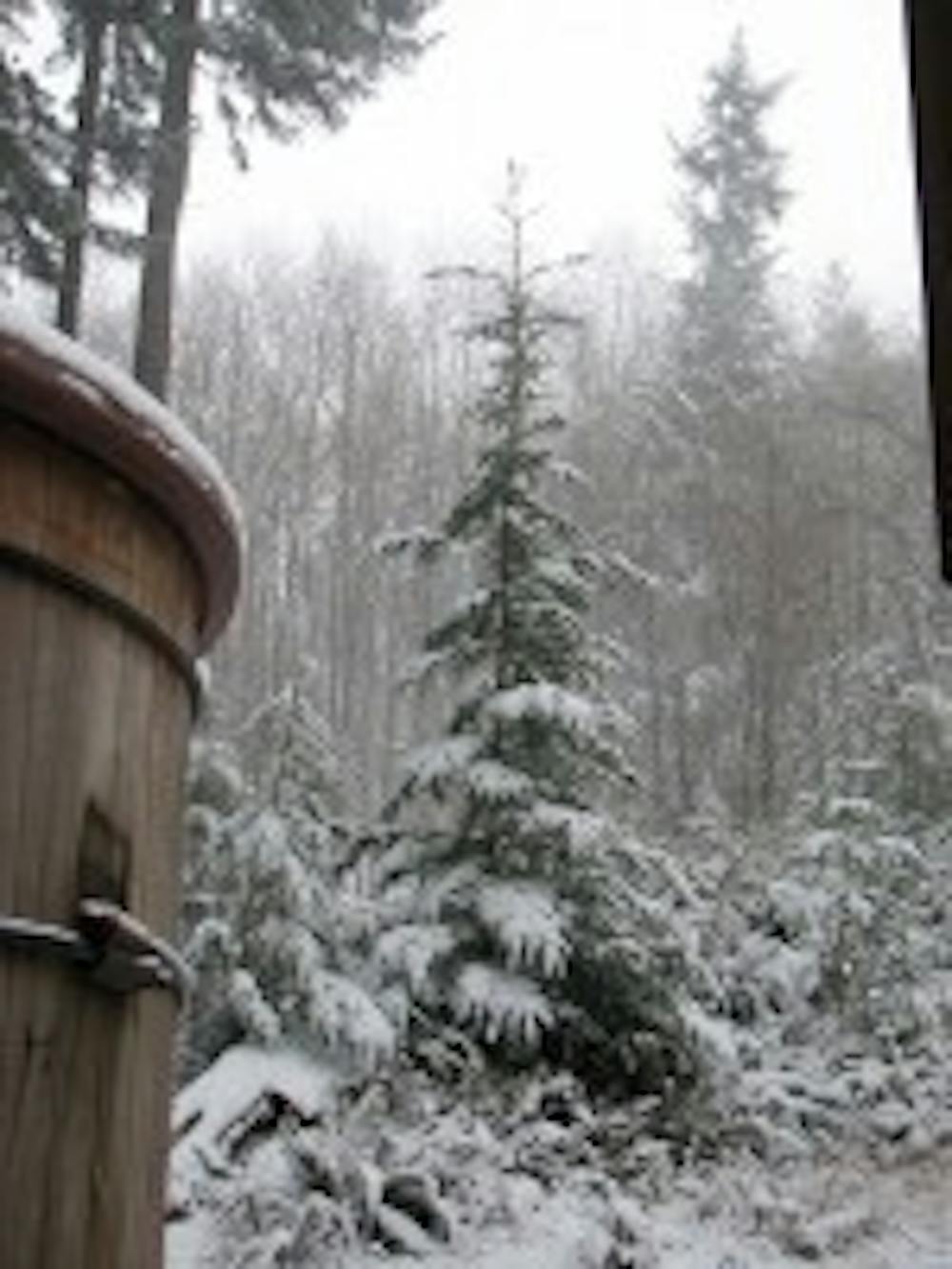UB's Environmental Network (EN) is hosting its final event this semester on Tuesday from 9 a.m. to 4 p.m. to showcase the endangered status of the native eastern hemlock trees.
"The eastern hemlock is one of the four dominant species of trees in our area; therefore, anything that threatens them also threatens the nature of our area ecosystems as we presently know them," said Kristina Blank, a junior environmental studies major and president of the EN.
Bicycles made by "Buffalo Blue Bike," a program run by the not-for-profit Green Options Buffalo organizations using donated bicycles and recycled parts, will be raffled off at the event. Raffle tickets are one for $1 or 10 for $5. Additionally, "Save our Hemlocks" wristbands will be sold.
"In the EN, we are concerned and want to do our part to protect our forests, so we are raising funds to donate to research efforts," Blank said. "The proceeds [from the wristbands and bicycle raffle] go to support research. Plus, wearing the bracelet will raise awareness. It's a really easy, cool way to be involved."
In an effort to showcase the interconnectedness of species, the EN will have the bird-friendly coffee Bird and Beans, one of the only companies of its kind. The migratory birds that call the Northeastern forests home must go elsewhere during the summer months to find better feeding grounds. However, industrial coffee farms have destroyed much of these forests. Birds and Beans supports small scale, local farmers and attempts to conserve the forests upon which migratory birds depend.
Matt Candeias, a senior biological sciences major and a member of the EN, articulated why the hemlock trees were under threat and thus the main focus of this event.
"The hemlock wooly adelgid is an invasive insect related to aphids that is killing massive stands of mature trees throughout the hemlocks' range," Candeias said. "Hemlocks like to grow in moist, shady areas, which means they are most often found in valleys near sources of water. They play a huge roll in filtering our drinking water. They provide habitat for countless other species and help prevent erosion."
According to Candeias, the only way to control adelgids on a large scale is by culturing two species of beetles that feed on the invasive insect throughout the year. However, this method is extremely expensive and allocating funding for such a project is difficult. Therefore, 100 percent of the EN's raised funds will be donated to fund the culturing of these beetles.
Stanley Radon, an interdisciplinary social sciences lecturer focusing on energy, environment and society, believes demonstrations of this kind can make the lives of individuals more meaningful.
"It's the little things that add up. Collectively, as a society of 300 million people in the United States, if we all did just a little bit every day ... turn off the lights, walk more, drive less, and also impart the information upon parents or children or your friends and family, it could make a huge impact on our daily routine and collectively the resources we use or don't use in this country," Radon said.
The EN intends on continuing its mission next semester by revisiting their "Phase PVC Off of Campus" and "Save Our Hemlock" campaigns, participating in various volunteer activities and attending environmental seminars.
E-mail: features@ubspectrum.com





